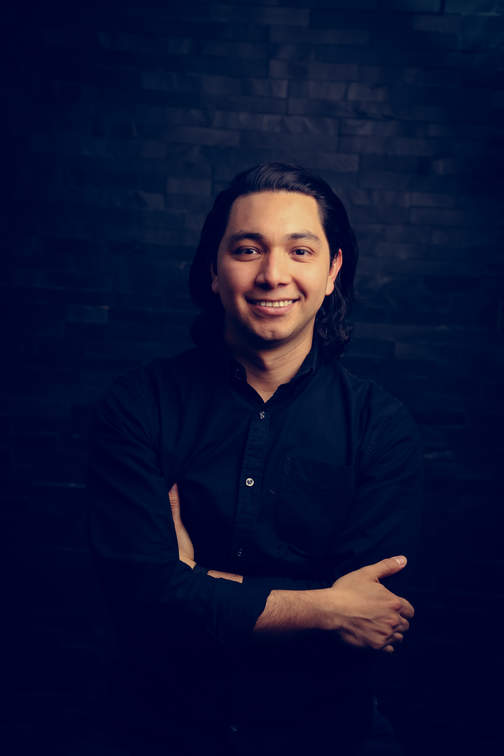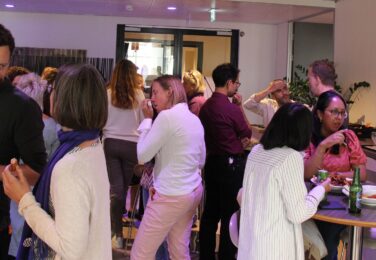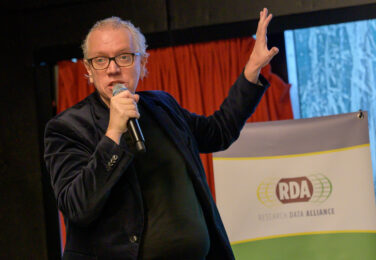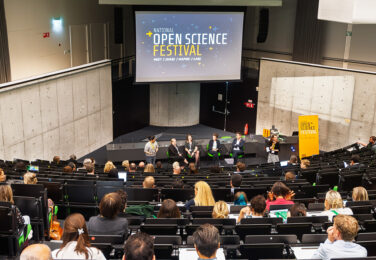Getting to know... Pedro Hernández Serrano

In this edition of our "Getting to know..." series, we speak with Pedro Hernández Serrano member of the LCRDM Sounding board. Pedro is dedicated to advancing responsible research data management and open science. Drawing on his work at Maastricht University Library and his involvement in the UKB-RDM working group, he brings valuable expertise to the national RDM landscape. He shares insights into his role within the Sounding board, the connection with the open science community, and the one RDM practice he wishes every research group would adopt tomorrow. He also looks ahead: what might open science look like in ten years’ time?
Why did you choose to become a member of the LCRDM Advisory Board?
The involvement originated by being part of the UKB-RDM working group, there we collaborate and exchange knowledge on RDM support across libraries in the country. The LCRDM coordinator invited me to join the sounding board in order to represent the UKB-RDM working group in the discussions.
What are your tasks as a member of the board?
The board discusses strategic directions related to the national landscape of RDM topics. As member I try my best to provide opinions in the group so we act as a sounding board for taskgroups and give input for activities such as the LCRDM Networking Day and other related events
What is your daily job, next to being a member of the Advisory Board?
I work at the Maastricht University Library in the department of Research Support, where I have the role of DSS Coordinator (Data Stewardship Services), the DSS which provides guidance on RDM across the university. At the same time, I'm the community manager for research data and software, with the aim to keep the community engaged in responsible RDM and open science practices
Can you cross a bridge to the open science community?
The open science community plays an important role in shaping responsible research practices, and there are clear overlaps with the work done in RDM networks. A significant challenge we have in common concerns with the navigation of legal frameworks that apply to research when collecting, analysing, or sharing data. We need to keep collaborating to advance best practices and to offer greater clarity in the research practice.
Do you have any resolutions or points of improvement for the board for this year?
The group has a diverse composition, and the coordination and communication have been smooth. No immediate points of improvement or resolutions I could mention
What would you like to know from the next person in this ‘getting to know’ item?
It would be interesting to learn how the next person envisions open science in 10 years. The question is whether open science will have become the standard practice, thus no further initiatives on Open Science are needed, or whether efforts to convince the research community will still be necessary
What’s the one RDM practice you wish every Dutch research group adopted tomorrow—and what would it take to make that happen?
The widespread and consistent use of persistent identifiers, such as ORCID, ROR, DOI and others, should become a standard requirement in research practice. It's crazy that in the daily life, we use unique identifiers all the time, like BSN numbers or car number plates, yet researchers still occasionally work without an ORCID or fail to register their software with a DOI


